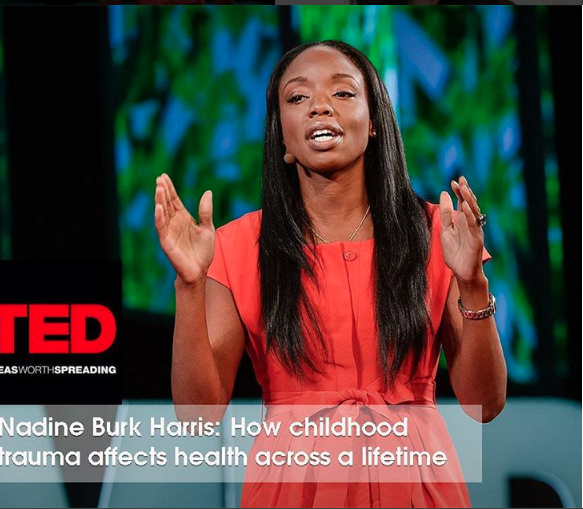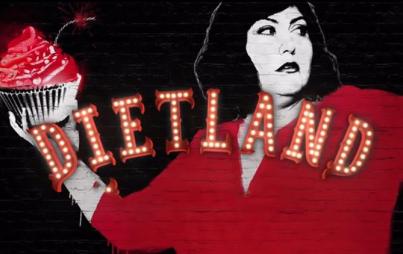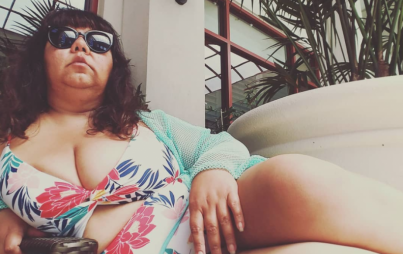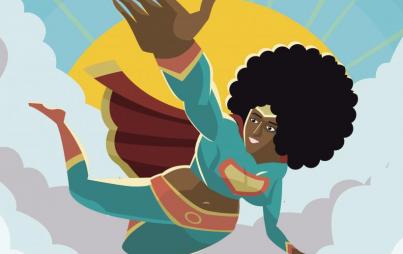
Women of Color deserve more TED Talks attention (Image Credit: Instagram / Nadine Burke Harris)
Since 2006, TED Talks have been free to access, and in June 2011, more than 500 million people have watched these inspiring speeches. What’s baffling to me is how, despite the amount of people watching TED Talks and respecting these voices, there is still a lack of diversity inherent to our content sharing culture.
Not only are TED Talks by women of color severely underrepresented, what was once seen as a thoughtful resource as a platform for those who wanted to share their ideas with the world has become an exclusive, rich, white boy’s club. In 2017, the basic membership level will begin at $8,500 per person, which will also include networking tools and conference DVDs. But is this hefty price tag, along with the promise of grandeur and notoriety as a speaker or participator, worth it? Sift through the TED Google searches, and you’ll find talks for women entrepreneurs and for women in STEM.
But why aren’t the talks about humans around the world who don’t even have access to basic human needs viewed as much as talks on leadership and getting rich quicker? It’s time we reevaluated what we find successful, and what ideas are more worth sharing.
Because this is a culture problem. For decades, people of color have been cast aside. We’ve lived on the sidelines and watched as society dehumanized us, then exoticized us. I even see this in the rise of notoriety of TED Talks, but I think it’s time we celebrated the talks that share wonderful ideas, yet aren’t as well-known. With that said, here are a few incredible TED Talks by women of color you should know about:
"How Childhood Trauma Affects Health Across A Lifetime" by Nadine Burke Harris
While this video has garnered many views, Pediatrician Harris’s discussion of trauma that “literally gets under our skin and changes our physiology. Things like abuse or neglect, or growing up with a parent who struggles with mental illness or substance abuse,” is so profound that I had to share. Harris shares how she rethought her approach to trauma, after realizing how repeated stress activation to adversity affects developing brains and immune systems, and how pivotal it is for doctors and everyone in health care to help children who are dealing with trauma, so they can lead healthy lives.
"I Am Not Your Asian Stereotype" by Canwen Xu
This brilliant, eloquent 18-year-old debunks stereotypes about Asian-Americans and how they are perceived as the model minority. She addresses the struggle all Asian-Americans face in this country to conform to Western ideals, and simultaneously hold onto their culture. Xu’s speech resonates not only with Asian women, but all women of color who have had to fight to make their voice heard.
"Fighting Forced Marriages And Honour Based Abuse" by Jasvinder Sanghera
Sanghera is an activist, and the founder of Karma Nirvana, a refuge for South Asian women fleeing forced arranged marriages. Weaving her own personal narrative into her talk, Sanghera brings forth the unfortunate truth many cultures face: how it’s the women, not men, who uphold “honor” systems and the keys to the gates of abuse.
How I Work To Protect Women From Honor Killings" by Khalida Brohi
Brohi shares a solemn, personal story that has affected her since her childhood. She discusses a traditional practice in Pakistan known as an “honor killing," which happens when a young woman or man has a sexual relationship prior to marriage, and is murdered by a family member to remove the shame from the family. Brohi shares how she used Facebook to connect with others around the world, creating a campaign to raise awareness about honor killings, and how it led to where she is today.
“Gender Equality - A Man’s Fight As Well” by Priyali Sur
Sur, a journalist and filmmaker, begins her story by revealing she is a survivor of sexual violence, her first encounter being at age 15. She eventually became a reporter on gender-based violence and met a man who had an epiphany that marital rape was wrong. That man eventually became an activist within his community in a small town in India. Sur pleads to the audience that men can and should be given a second chance too, and stresses the importance of forgiveness in one’s path towards recovery.








